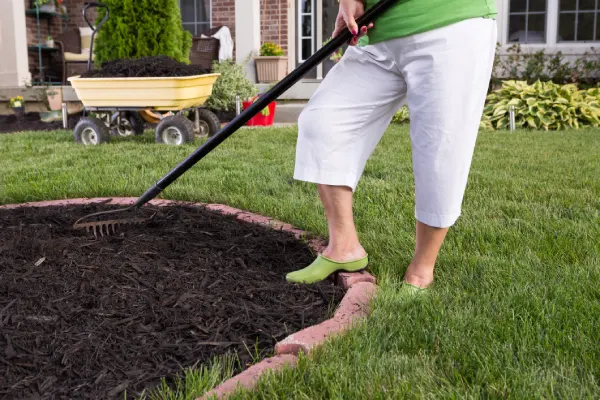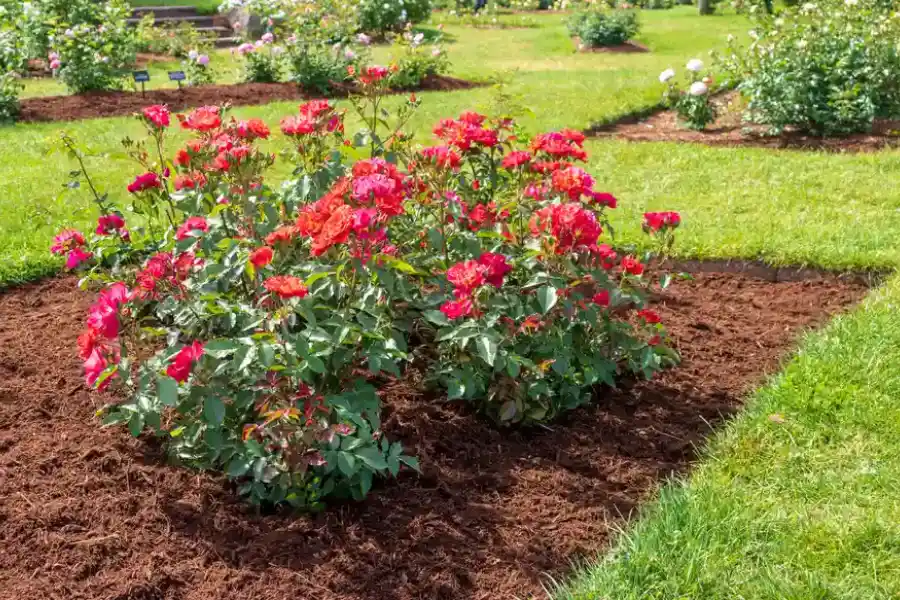Understanding the Role of Ground Cover in Plant Protection
In recent years, extreme weather conditions have become more frequent. These changes can create challenges for gardeners and farmers alike. The use of mulch is a proven strategy to help plants withstand harsh climates. It acts as a protective barrier, offering numerous benefits that support plant health. By learning how mulch serves as an ally during difficult weather, you can ensure better growth and survival of your plants.
The Insulating Benefits of Natural Barriers
Mulching provides an insulating layer that helps regulate soil temperature. This is crucial during periods of extreme heat or cold. When temperatures rise, mulch keeps the soil cooler by reducing evaporation and retaining moisture. Conversely, during colder months, it traps heat within the soil, preventing roots from freezing. These thermal properties make it an essential practice for maintaining stable growing conditions year-round.
Moisture Retention: Keeping Soil Hydrated
During dry spells, plants often suffer due to lack of water. Mulching plays a vital role in moisture retention by minimizing evaporation from the soil surface. This ensures that roots have access to water for longer periods, even when rainfall is scarce. Maintaining adequate moisture levels is key to keeping plants healthy and resilient against drought conditions.
Erosion Control and Soil Stability
Another significant advantage of using mulch is its ability to prevent soil erosion. Heavy rains and strong winds can wash away topsoil, stripping plants of necessary nutrients. By covering the ground with mulch, you create a physical barrier that lessens the impact of these forces. This ensures that soil remains intact and nutrient-rich, providing a stable environment for plant roots.
Weed Suppression for Healthier Growth
Mulch not only protects plants from the elements but also plays a role in weed control. Weeds compete with plants for nutrients and water, which can hinder their growth. A thick layer of mulch blocks sunlight from reaching weed seeds, inhibiting their growth. This allows your plants to thrive without competition, leading to healthier and more robust development.
A Simple Guide to Effective Application
To get the most out of mulching, it’s important to apply it correctly. Begin by clearing any debris from the area around your plants. Next, spread a layer of mulch 2-4 inches thick on the soil surface. Make sure to keep mulch away from stems or trunks to avoid rot. Replenish as needed throughout the year to maintain its effectiveness.
- Clear debris before applying mulch
- Spread 2-4 inches thick across the soil surface
- Avoid direct contact with stems or trunks
- Replenish regularly for best results
Choosing the Right Material for Your Needs
The type of mulch you choose can influence its effectiveness. Organic options like wood chips, straw, and compost enrich the soil over time as they decompose. Inorganic mulches like stones or landscape fabric are durable and require less maintenance but do not improve soil quality. Consider your specific needs and preferences when selecting a material for your garden.
Your Partner for Garden Success
Protecting your plants during extreme weather is easier with effective strategies like mulching. At 4 Seasons Lawn Care, our goal is to provide you with the best gardening solutions available. Located in Berea, OH, we offer expert advice tailored to your specific climate needs. Contact us at (440) 209-3383 to learn more about how we can help you achieve a thriving garden all year round.


